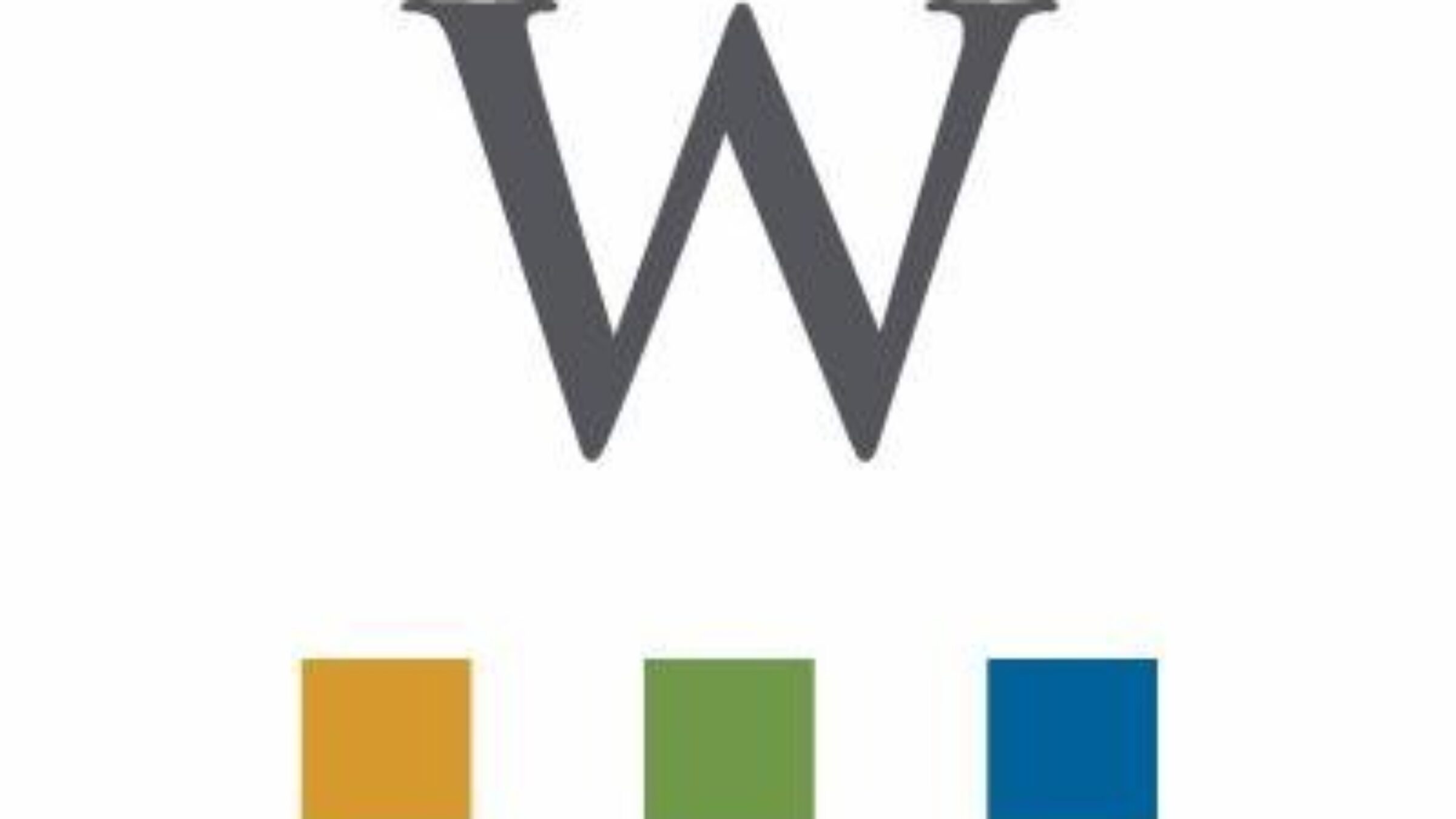Want to Build a More Functional Democracy? Young Leaders Make the Difference
June 28, 2021
MAP’s Layla Zaidane makes the case for the power of young leaders as changemakers.

“Lazy. Entitled. Narcissistic.”
In my work connecting millennial lawmakers to each other and millennial voters to the political process, I hear these types of stereotypes frequently. And while millennials have been called a lot of things, most of them untrue, there’s one accurate term missing from this list: bridge-builders.
Over the past decade, we’ve seen problems like energy and climate, the economy and affordable housing compound — the types of big, intractable issues that only get worse the longer we ignore them. And because my generation will deal with the consequences of inaction, we are taking matters into our own hands.
Young people – if given the platform – could bridge the current divides among Americans and be our ticket to innovative, lasting solutions. Already, we’re seeing that young members of Congress are successfully passing bipartisan legislation at higher rates than their older counterparts. I believe there’s much more of this to come.
What’s so special about millennial lawmakers? Like young people everywhere, their independent streak means they aren’t trying to run the same old playbook – they understand that yesterday’s solutions won’t solve tomorrow’s problems.
They are also altruistic. During the pandemic, millennials contributed more than any other age group to charity over the past year, despite being impacted the hardest economically.
Finally, they are creative and open-minded, meaning they welcome diversity of thought and perspective in every aspect of their lives.
These traits present a tremendous opportunity to define a new way to connect with one another, build thriving communities and pass innovative policies — all things that young elected officials can lead the way on.
But there is a disconnect for this generation. While they are optimistic for the future, they don’t necessarily believe that our public institutions can get us there. The good news is, they also believe that they are the ones who can bring about the positive change we need to bridge our divides.
Perceived discord and growing polarization might get more pageviews, but the layers of American identity are more complex than political party, religion or race. Focusing on where we agree – what binds us as Americans – could go a long way toward creating more trust and collaboration in our democracy.
That’s where my organization – the Millennial Action Project – comes in. We work directly with our nation’s leading young state and federal policymakers to help them establish a new standard of collaborative governance, forging productive partnerships on the issues important to us all.
I know if I can help young leaders recognize that each of us holds many different identities and that difference and complexity are what make our democracy stronger, then I can help our country thrive.
I recognize the layered identity of America because it’s my story, too.
I grew up in the New York suburbs attending a French-American school, the daughter of immigrants from Morocco. We spent the summers there, where our family, scattered across the globe, would gather and expose me to different perspectives, cultures and ideas. It was an upbringing that very much informed my own perspectives of the world and how we relate to people of different backgrounds.
Like so many of my peers, 9/11 was a formative moment – one that drove me to the work I do today. The attack and its aftermath demonstrated that while many American backgrounds were just as complex as my own, bridging these differences was more complicated. At Georgetown University, I studied international relations, trying to answer the big questions of how to close cultural divides through diplomacy, which at its heart is listening – really listening – to others.
I see that principle show up in my work at the Millennial Action Project. We’ve brought 1,600 lawmakers into the fold through state and federal Future Caucuses, creating spaces where these young lawmakers can meet, build relationships as friends and colleagues and find areas of policy agreement. It’s also critical to make it safe for our lawmakers to disagree, recognizing that, like all of us, their different lived experiences inform not only who they are but what they believe. And over time, that capacity to listen means that we’ve built a better ability to respond to — and prevent — big crises.
When my parents immigrated, they did so believing deeply in the American Dream. It’s a dream I want to help my generation achieve, too, knowing that the founding principles of this country are still strong and still achievable.
I believe we will get there by creating a pipeline of young people setting a new political culture rather than swimming against a deeply broken one.
We all know the adage – if a tree falls in the woods and no one hears it, did it really fall? But across the country, trees are falling. Young legislators are taking the lead and working across party lines to find bipartisan success and solutions to our biggest problems. Our challenge now is to reach constituents with this good news and give them reason to believe in our institutions and their ability to solve problems. Young leaders in Washington, as well as in statehouses across the country, have given us all reason to hope, and it’s time to shout it from the treetops.
Read this article on waltonfamilyfoundation.org >






Join 1,900+ BIPARTISAN LEADERS NATIONWIDE
Be a part of a network of lawmakers committed to governing effectively, passing more representative public policy, and increasing public trust in democracy.